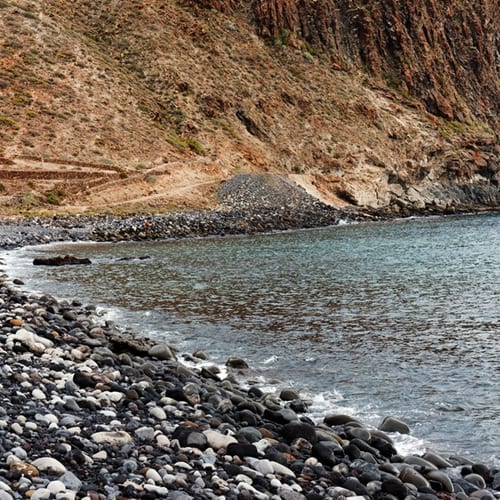While commercial divers have basic guidelines dictating how deep underwater they should go, there are variations in exactly what this limit is. Depending on the work, some divers could be expected to descend further than others, or perform tasks that could leave them more vulnerable to operational and environmental hazards while they are submerged. Commercial diving insurance should be used to cover employers if unforeseen dangers happen as a result of deep sea work
In an article for the Divers Alert Network, John Lippmann discussed the different levels of diving and how they could potentially affect individuals. He writes that the standard limit for diving has historically been 130 feet, which may have originated from older practices of the United States Navy. However, advances in technology and other improvements have led some divers to go as deep as 200 to 300 feet.
Are there increased risks from being down this far for prolonged periods? Lippmann writes that spending time in deep water could lead to pressure-related physical harm, including underwater blackouts and decompression sickness.
"Divers who have had to quickly deal with a problem at 200 ft (60m) on air realize the extreme difficulty of reacting rapidly and appropriately," he writes. "Sometimes the mind-numbing effects of narcosis can strike suddenly and make appropriate reactions almost impossible. Extremely high levels of stress can be precipitated instantaneously and, unless controlled, panic and injury are likely results."
Diving professionals will most likely have the sufficient training and equipment necessary to sustain deep water work, but if they suffer from a medical condition, the result could be a financial loss for the contractor and an upset to the overall mission. Marine insurers can address the needs of operators and help limit the immediate cost to a venture through appropriate insurance plans.

